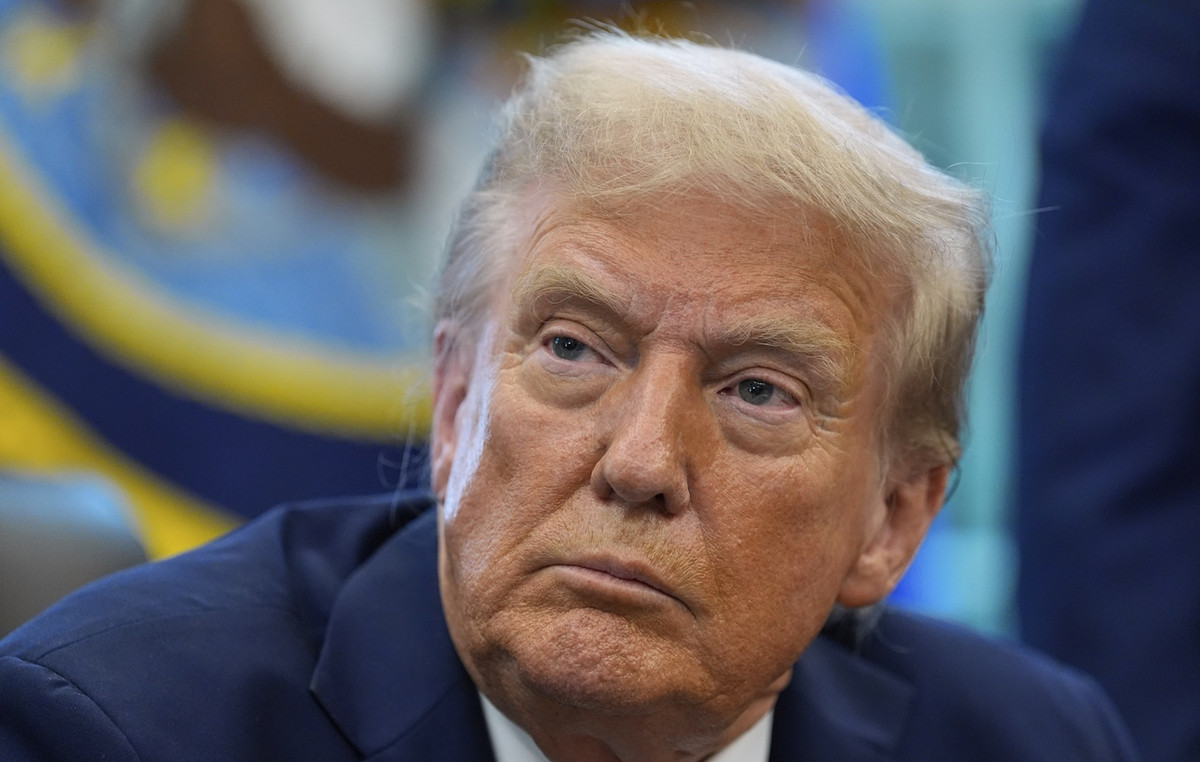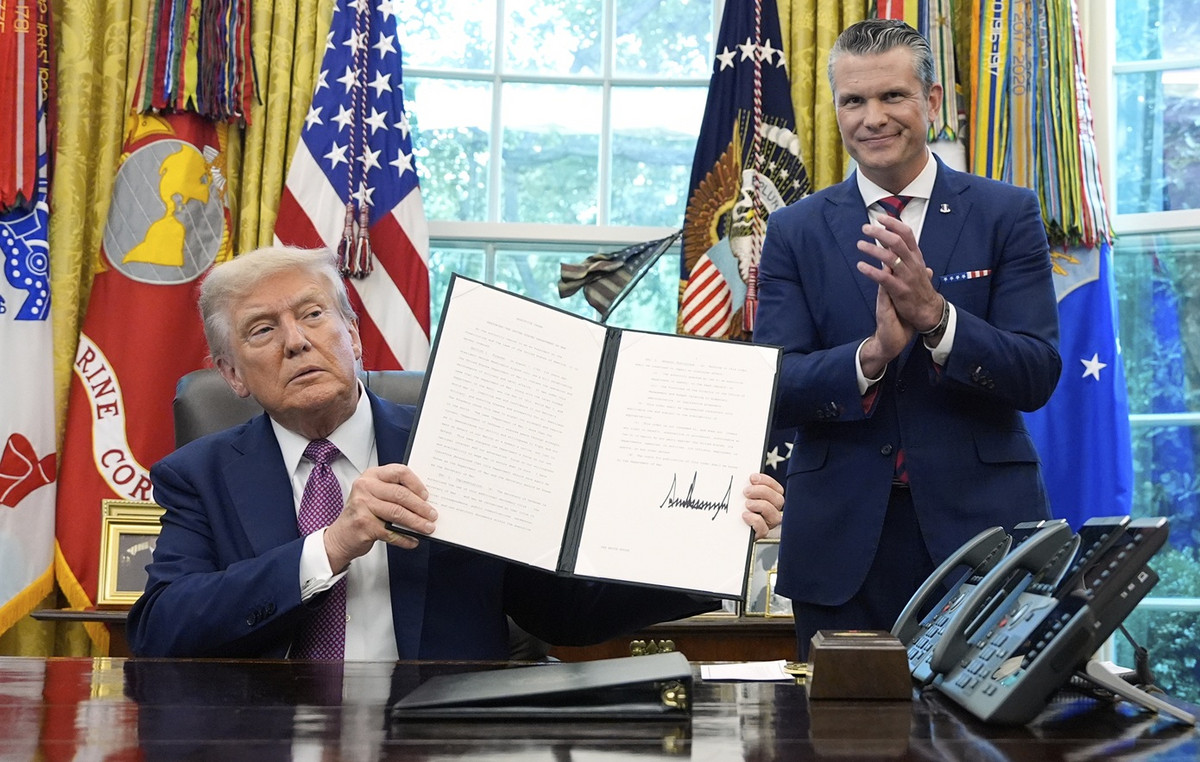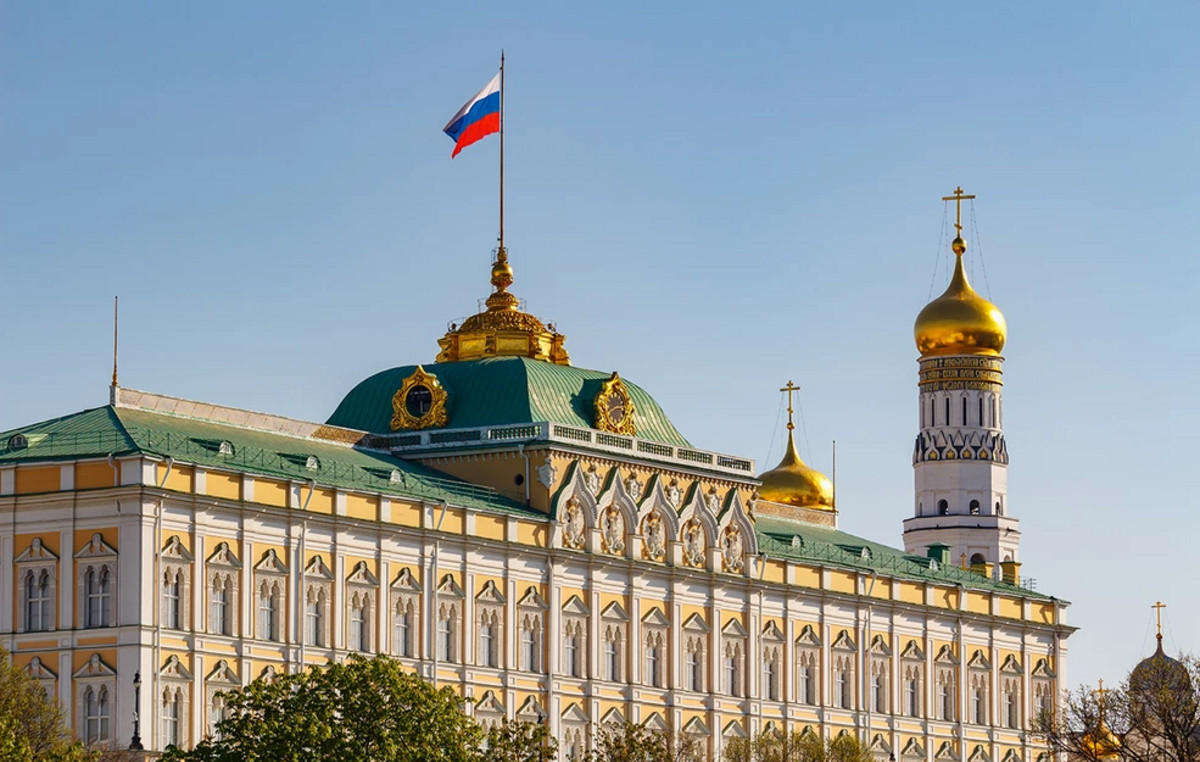With themes involving the relationship between man and the environment in which he lives, the Ecofalante Film Festival reaches its 13th edition. The most important South American event for audiovisual production linked to urgent and current socio-environmental themes, the festival runs from Thursday (1st) to 14th August, in São Paulo, presenting 122 films from 24 countries.
“The Ecofalante Film Festival reaches its 13th edition, occupying a special place in São Paulo’s cultural calendar,” said the festival’s director, Chico Guariba.
“Our programming embraces crucial themes for Brazilian society, including the preservation of the Amazon, the rights of indigenous peoples, social inequality and structural racism,” he explained in an interview with Agência Brasil.
One of the main attractions of this year’s festival is the climate emergency special, which will feature films such as:
- “Ravaging Liberty Square,” by Katja Esson, on climate gentrification;
- “Children of Katrina”, by Edward Buckles Jr, an award-winning work at the Tribeca Festival, which addresses the effects of Hurricane Katrina in New Orleans (USA);
- and the French feature film “Once You Know”, by Emmanuel Cappelin, which addresses the imminent collapse of the planet.
Another highlight is the historical exhibition, which brings together classic works by three Latin American female filmmakers:
- “In a Certain Way”, by Cuban Sara Gómez;
- “Araya”, by Venezuelan Margot Benacerraf;
- and “Love, Women and Flowers”, by Colombian Marta Rodríguez and Jorge Silva.
News
The big news in this year’s edition is the creation of the Territories and Memory competitive exhibition, which brings together a selection of 27 national films. The objective is to open space for the growth of Brazilian audiovisual works of a socio-environmental nature and to broaden discussions about the different territories of Brazil.
“The Territories and Memory Competitive Exhibition is dedicated exclusively to Brazilian productions that address socio-environmental issues and reflect on local and territorial themes, expanding the diversity of perspectives and approaches,” said Guariba.
“In addition, the Latin American Competition, which brings together films from seven Latin American countries, addressing themes such as racism, migration and forest preservation, and the traditional Ecofalante Short Film Competition, showing short films by students from universities and free film courses from nine Brazilian states, continue to be highlighted.”
Another new feature is the tribute to the 30th anniversary of the Socioenvironmental Institute (ISA), an organization dedicated to defending the environment, cultural heritage and the rights of indigenous peoples. Nine films were selected for this tribute, including the world premiere of “Mapear Mundos” by director Mariana Lacerda. The screening of this film, scheduled for August 3, will be accompanied by a discussion with the film’s team.
“This retrospective highlights the crucial role of civil society organizations in defending the rights of indigenous peoples and the environment in Brazil,” explained the festival director.
Debates
In addition to the films, the festival will also feature six debates that will discuss topics such as artificial intelligence, climate emergency, resilient cities, labor rights and taxation of the super-rich. There will also be chats with film experts and premieres of Brazilian films that will be attended by the crew and actors.
The festival also promotes the first meeting on Sustainability in the Audiovisual Industry, which will take place on the morning of August 9. The event proposes a discussion on the extent of the implementation of sustainable practices in the Brazilian film industry.
“The event will bring together professionals from different sectors in two discussion panels, where successful experiences and the challenges faced in implementing this type of initiative will be shared,” explained Guariba.
After passing through the capital of São Paulo, the Ecofalante Exhibition will be presented in Brasília, Belém, Belo Horizonte, Porto Alegre and cities in the interior of São Paulo.
“This step reflects our commitment to democratizing access to cinema and reaching a diverse audience across the country,” said the festival director.
The Ecofalante Exhibition is free and takes place in rooms at Reserva Cultural, Circuito Spcine Lima Barreto (São Paulo Cultural Center), Cine Satyros Bijou, Nave Coletiva, Circuito Spcine Centro de Formação Cultural Cidade Tiradentes and 15 units of Circuito Spcine located in Unified Educational Centers (CEUs). More information about the event and its schedule can be found on the exhibition website.
Documentary about indigenous struggle to preserve the Amazon wins Emmy
Source: CNN Brasil
I’m Robert Neff, a professional writer and editor. I specialize in the entertainment section, providing up-to-date coverage on the latest developments in film, television and music. My work has been featured on World Stock Market and other prominent publications.







